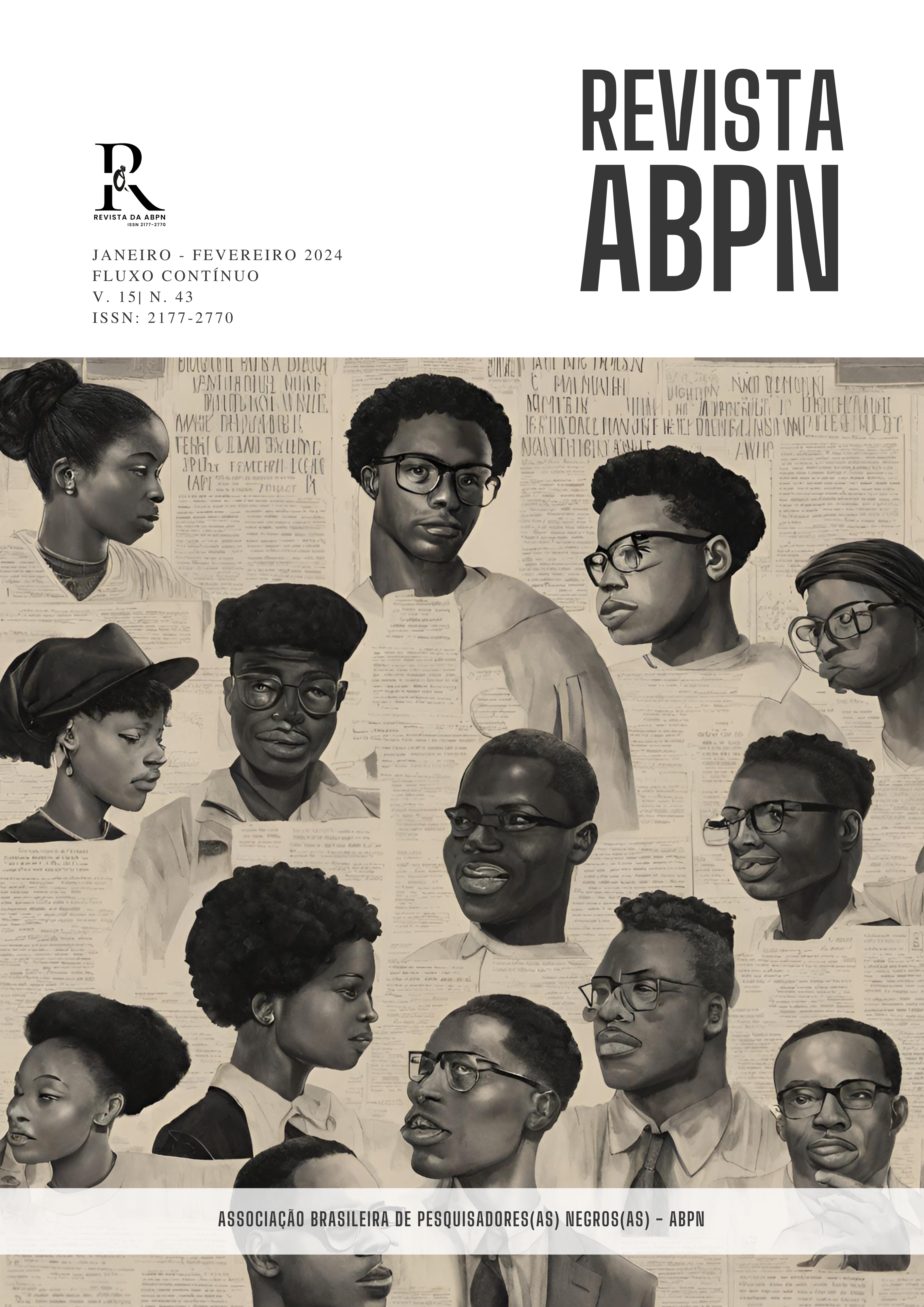TRANSVERSALITIES BETWEEN EDUCATION, SCIENCE, TECHNOLOGY, SOCIAL AND ENVIRONMENTAL DEVELOPMENT AND SUSTAINABILITY QUILOMBOLA IN THE AMAZON APROXIMAÇÕES TEÓRICO-METODOLÓGICAS À LUZ DO PARADIGMA CIDADES MIL
Main Article Content
Abstract
This work aimed to reflect on the extent to which the MIL Cities paradigm would be articulated, from the perspective of the United Nations Educational, Scientific and Cultural Organization (UNESCO) involving Media and Information Literacy (AMI) and Education for Global Citizenship, in an interdisciplinary, transversal and transdisciplinary way to the quilombola territorial development strategies with socio-environmental sustainability in the Amazon, in order to enable the quilombola students to contribute to the construction of a more inclusive, fair and peaceful world through the conquest of empowerment, autonomy and socioeconomic and environmental emancipation of their territories, in the face of the different geopolitics of domination of the Amazonian space. The results of the work showed convergences between the MIL Cities paradigm and the ontological, teleological and cosmographic perspectives that shape the quilombola resilience strategies in Brazilian lands.
Article Details

This work is licensed under a Creative Commons Attribution 4.0 International License.
Copyright Statement
- Authors retain copyright and grant the journal the right of first publication, with work simultaneously licensed under the Creative Commons Attribution License CC-BY 4.0 which allows the sharing of the work with acknowledgment of the authorship of the work and initial publication in this journal.
- Authors are authorized to enter into additional contracts separately for non-exclusive distribution of the version of the work published in this journal (eg, publishing in institutional repository or book chapter), with acknowledgment of authorship and initial publication in this journal.
- Authors are allowed and encouraged to post and distribute their work online (eg in institutional repositories or on their personal page) at any point before or during the editorial process, as this may lead to productive changes as well as increase impact and citation of published work (See The Effect of Free Access).

